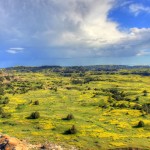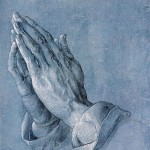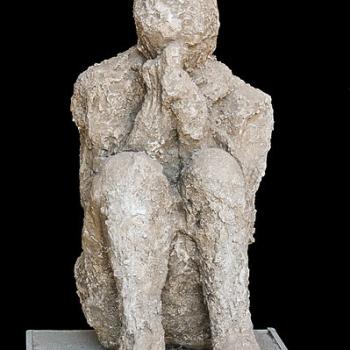
NOT IN MY NAME
So many Muslims, globally, have rejected and repudiated the acts of violence perpetrated by extremists co-opting and perverting their own religious tradition, and I respect this. Because these are people with whom I share common ground, common interests – because some of them are my friends – I value their assessment of their religion over that of those who seek to define it through depraved attacks against human life and dignity, especially given that the violence of extremists is directed against moderate Muslims as well as against practitioners of other faiths.
I don’t want to consider as “Christian” those who blow up abortion clinics or consort with white supremacist groups; I reject their acts and their ends – so, similarly, I can see how horrifying it must be for Muslims across the world to see their own religion allied with horrific acts of violence. And now that we are seeing a surge of terror attacks as the end of Ramadan approaches, attacks on Muslims themselves, profaning their holy days, profaning even their holy site near the Prophet’s Mosque in Medina, we western Christians should ask ourselves a few things:
Why do we not join together in shocked horror to mourn those killed in these terror attacks, as we did after attacks in Western cities? Where are the flags of Turkey, Iraq, or Saudi Arabia? Are Muslims somehow less human to us, not our brothers and sisters – do they not bleed like us, laugh like us, mourn like us, love their children as we do?
Why do we allow a violent minority to define and appropriate an entire religious tradition, in spite of the face that the majority of Muslims are moderate, oppose terror attacks, and are even the victims of these terror attacks?
How do we feel when the actions of a few racist or fringe groups are taken to represent all of us? How do we feel when all Catholics are presumed to permit sex crimes against children, because of the vile and abusive behavior of a few priests, and the perfidious bishops who protected them?
What good do we hope to do, by opposing all Muslims, when we could more profitably – and more virtuously – stand with them, pledging to protect and respect one another?
This is not the place to delve into the history of Islam, to determine whether or not the religion is intrinsically dedicated to violence, to weigh the virtues or vices of the religion’s founder. Traditions are alive, and texts become what their readers make of them, in their reading, in their understanding of how to interpret figures of speech, with hermeneutics that develop both organically and academically throughout the centuries. Texts mean what they mean because of praxis, too: how we live them out, or try to. And traditions of hermeneutic differ. If violent extremists seek through their actions to create Islam as a force for nihilism in the contemporary age, let us pray with those who oppose them that the actions of the peaceful, the tolerant, the merciful will endure and triumph. Don’t let the violent determine our meanings. It’s bad enough that the violent forge history – let them not forge the poetry of usage, the metaphor of ritual, as well.
We who try to be prayerful, who seek to mend instead of break, even though we fail repeatedly – we poets, gardeners, friends – ourselves, sometimes, the broken ones – let the words be ours, not the provenance of those who do the breaking.
Pray for Istanbul, for Baghdad, for Medina – for the world.
image credit: https://www.flickr.com/photos/thespeakernews/19678895898. creative commons












